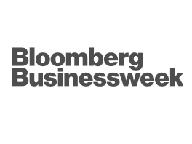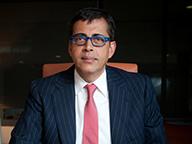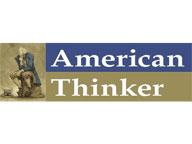Prof. Aswath Damodaran on stock buybacks



































Excerpt from Forbes -- "A study based on all drivers who competed in F1 races between 1981 and 2010 has revealed that although it is of course good to good to hire a top-performer, his average performance decreases when his team-mate has the same level of prior success and is therefore pushed to compete for the same positions. The study was led by the expert Dr Paolo Aversa, Cass Business School lecturer in strategy at City University in London, together with Professor Gino Cattani of Stern Business School at New York University and Dr Alessandro Marino from the management department of Luiss University in Rome. …. The study identifies two main reasons to justify its conclusion that as the difference in previous performance among top-level drivers working in the same team decreases so too do their individual results."

Excerpt from Forbes -- "A study based on all drivers who competed in F1 races between 1981 and 2010 has revealed that although it is of course good to good to hire a top-performer, his average performance decreases when his team-mate has the same level of prior success and is therefore pushed to compete for the same positions. The study was led by the expert Dr Paolo Aversa, Cass Business School lecturer in strategy at City University in London, together with Professor Gino Cattani of Stern Business School at New York University and Dr Alessandro Marino from the management department of Luiss University in Rome. …. The study identifies two main reasons to justify its conclusion that as the difference in previous performance among top-level drivers working in the same team decreases so too do their individual results."















